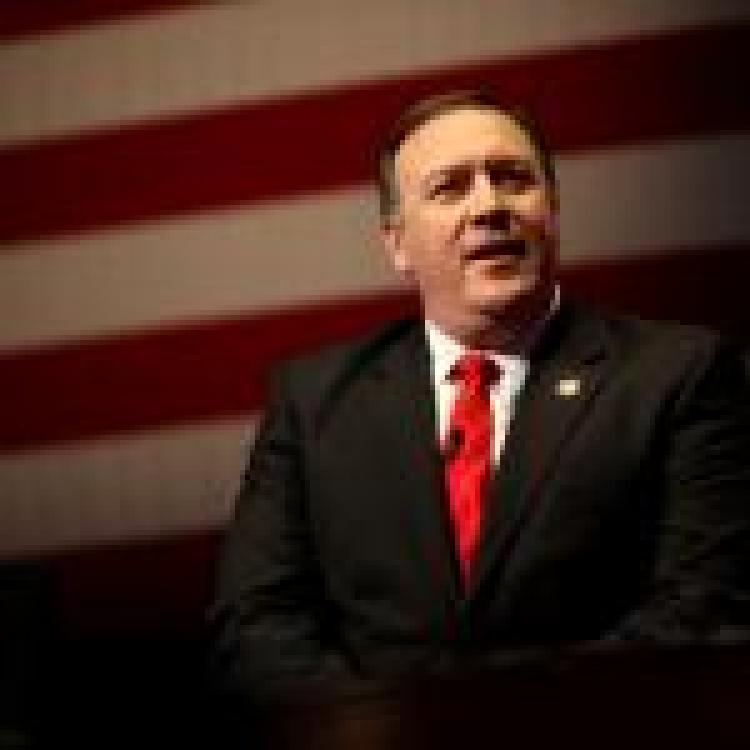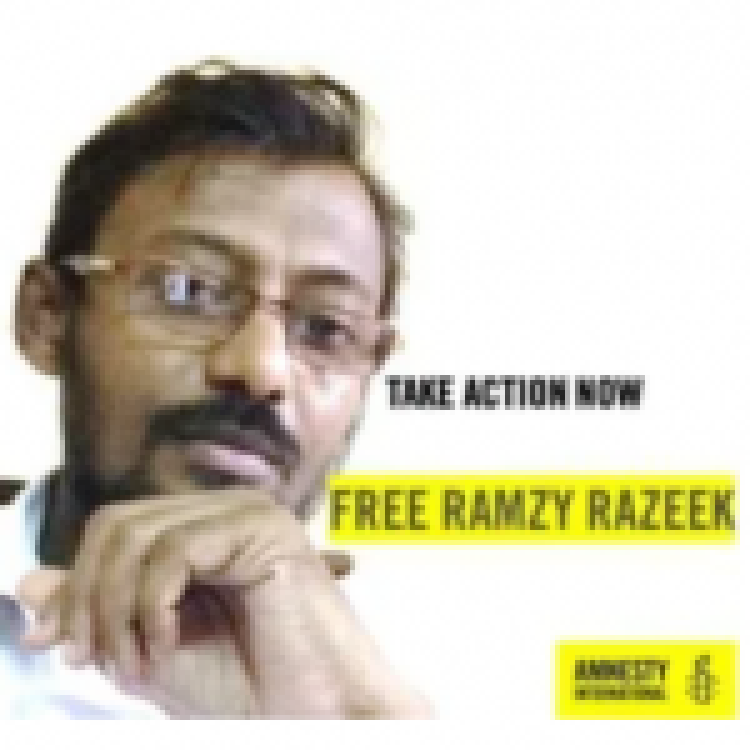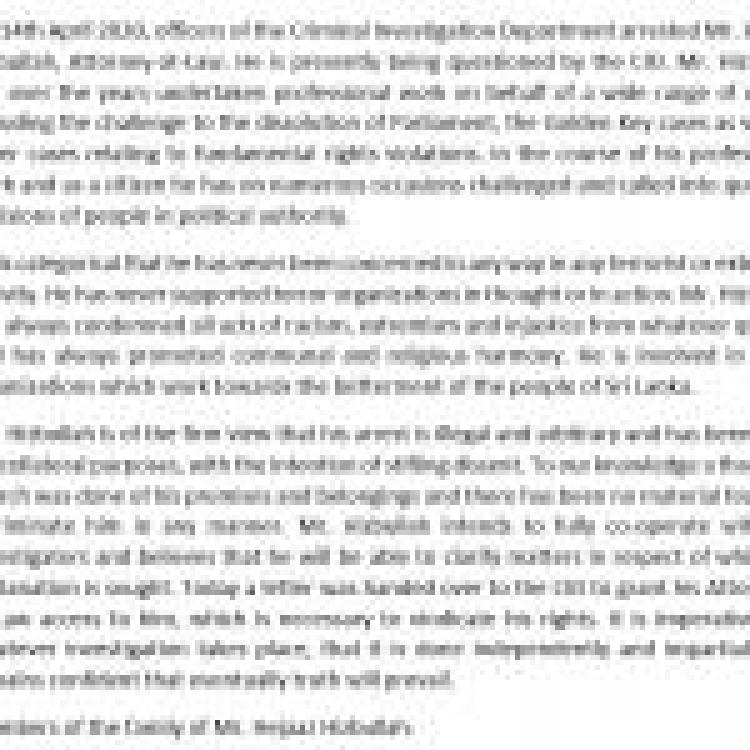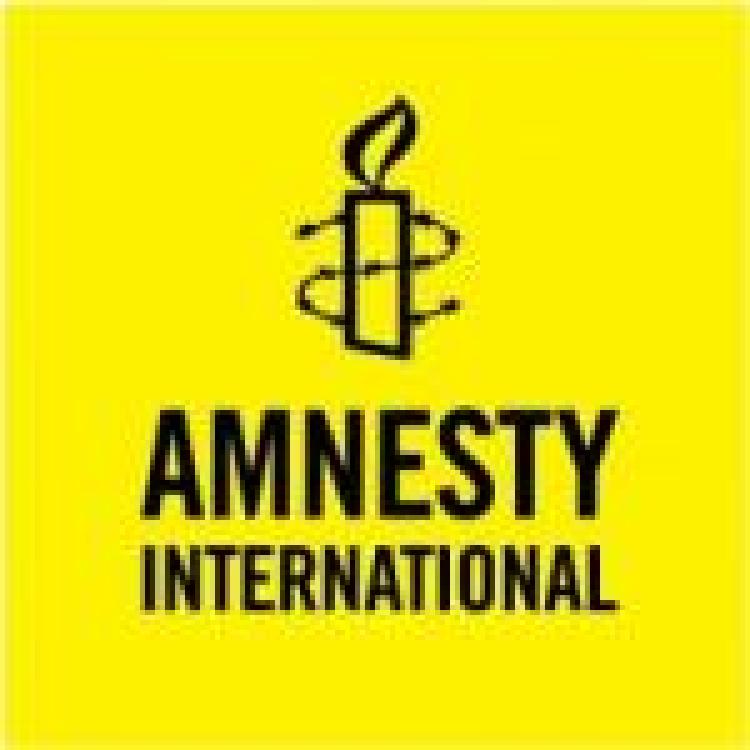Amnesty International have called on the US Secretary of State to address the 'deteriorating human rights situation' in Sri Lanka during his visit next week.
In their letter to Michael Pompeo, the rights group highlight that under the Rajapaksa regime, "the space for dissent and criticism is rapidly shrinking, as demonstrated by a series of cases, including the harassment of New York Times journalist Dharisha Bastian, the arbitary detention of blogger Ramzy Razeek and lawyer Hejaaz Hizbullah and the ongoing criminal investigation against writer Shakthika Sathkumara."
Amnesty also highlighted that despite the armed conflict ending over a decade ago, no actions have been taken by Sri Lanka to address "allegations of grave international humanitarian law and human rights violations documented by several UN investigations, and has not held alleged perpetrators of international crimes accountable."
The culture of impunity on the island was further cemeted as President Gotabaya Rajapaksa pardoned Staff Sergeant Sunil Rathnayake, who was sentenced to death over the massacre of eight Tamil civilians in 2000, "thus undermining accountability, and the victims' right to justice," the letter added.
Read more here: Sri Lanka pardons soldier imprisoned over massacre of Tamils
"The harassment and arrest of human rights defenders, the failure to hold human rights violators accountable, and the continued marginalisation of minority communities under the present government threatens the prospects for a peaceful, prosperous future for the country," Amnesty wrote.
They have urged Pompeo to raise these concerns with the President and Prime Minister of Sri Lanka and to take the following actions:
- Prosecute effectively and bring to justice those responsible for the execution of the "Trinco Five" students and the enforced disappearance of Prageeth Eknaligoda as well as other alleged perpertrators of grave violations amounting to domestic or international crimes.
- Revoke the pardon granted to Sergeant Sunil Ratnayake.
- End the persecution of Dharisha Bastians and other human rights defenders, journalists and lawyers.
- In the absence of any evidence against him, release Hejaaz Hizbullah, who has been detained for more than six months without any charges, and close investigations against Ramzy Razeek and Shakthika Sathkumara, who were imprisoned solely for expressing their peaceful opinions.
- Repeal the Prevention of Terrorism Act and stop the misuse of laws, including the ICCPR Act, to threaten, harass and prosecute dissenters, journalists and activists for peacefully expressing their opinions.
- Take measures to end discrimination and violence against the country's Muslim minority and bring to justice those reponsible for attacks against the Muslim community.
- Ensure that religious rites and oractices are respected as far as possible and in line with international guidelines, and that any changes to guidelines involve prior consultation with the affected community.
- Return all military-occupied land in the former war zone to its civilian owners or promptly pay appropriate compensation.
Pompeo is expected to arrive on 27 October and, the Sunday Times reports, that he will be “the highest-level US government official of cabinet rank to visit the country since one of his predecessors, John Kerry, visited Sri Lanka in 2015."
In February of this year, the US State Department placed a travel ban on the head of Sri Lanka’s army, Shavendra Silva, along with his immediate family due to credible accusations of war crimes. In particular, the US highlighted reports of “extrajudicial killings, by the 58th Division of the Sri Lanka Army [which Silva led] during the final phase of Sri Lanka’s Civil War in 2009”.
Commenting on the matter Pompeo said:
“His designation underscores the importance we place on human rights in Sri Lanka and globally, our concern over impunity for human rights violations and abuses, as well as our support for promoting accountability for those who engage in such acts. We urge the Sri Lankan government to promote human rights, hold accountable individuals responsible for war crimes and human rights violations, advance security sector reform, and uphold its other commitments to pursue justice and reconciliation.”
Read Amnesty International's full letter here.





